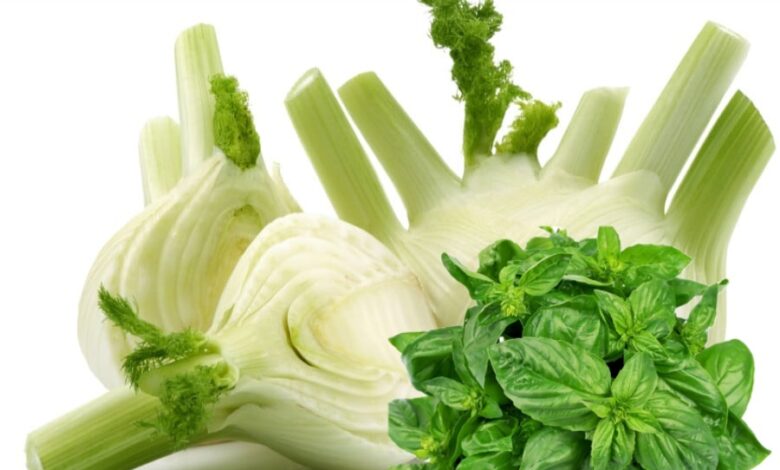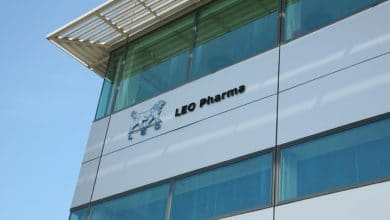
PRESS RELEASE : PAOLO PELINI: Europe and Germany want to eliminate Basil and Fennel because they are Carcinogenic
 In 2001 and 2002, the Scientific Committee for Food (SCF) of the European Commission evaluated safrole, methyleugenol and estragole as mutagenic carcinogens and proposed to limit their use in food.
In 2001 and 2002, the Scientific Committee for Food (SCF) of the European Commission evaluated safrole, methyleugenol and estragole as mutagenic carcinogens and proposed to limit their use in food.
These days the German Federal Institute for Risk Assessment (BfR) is trying to reopen the problem by saying that more studies are needed to evaluate the carcinogenicity and mutagenicity of these molecules present in the essential oils of basil, fennel and other plants.
LET'S MAKE IT CLEAR.
The methyleugenol present in the essential oil of basil and other aromatic plants just to take into consideration one of the alkenylbenzene molecules examined,
It is effectively a "potentially" carcinogenic substance since in water it breaks down into carbocations (positive polarity) which can easily bind to the bases of DNA being of negative polarity, and therefore in theory could lead to alterations in the correct performance of the synthesis process of the regulatory proteins of cell mitosis.
 However, as toxicology teaches us, here the dose taken comes into play, since to cause significant carcinogenic effects in humans, studies tell us that we should take a daily dose of methyleugenol 150 times higher than that taken by any person who eats pesto even twice a day.
However, as toxicology teaches us, here the dose taken comes into play, since to cause significant carcinogenic effects in humans, studies tell us that we should take a daily dose of methyleugenol 150 times higher than that taken by any person who eats pesto even twice a day.
Furthermore, as always, we would have to consider how for all the studies concerning plants and how I will never stop repeating the general action of the whole phytocomplex and not going to take only the single molecule.
Waiting for further developments, this episode also demonstrates the attitude of Europe and above all of Germany of wanting to put a spanner in the works of the health sector and in this case Italian food but also pharmaceuticals as these plants such as basil, fennel and others have therapeutic and physiological potential.
Paul Pellini
Herbochemist
Phytochemical Quality Control, Pharmacognostic and Cytotoxicological Evaluation and Research on Medicinal Plant Extracts
Rome – Italy
Email: paolo.pelini@gmail.com
http://www.paolopelinierbochimico.it
Received in the editorial staff on August 23, 2022
_______________________________
Related news: Alkenylbenzenes in food: How large is the health risk?
Alkenylbenzenes in Foods: Aspects Impeding the Evaluation of Adverse Health Effects
“In animal studies, safrole, methyleugenol and estragole have shown mutagenic and carcinogenic properties. Other less studied alkenylbenzenes such as elemicin, myristicin or apiol have a similar chemical structure. This suggests that they may also have similar (toxic) effects. However, most alkenylbenzenes have not yet been adequately studied regarding possible toxic properties, especially mutagenic and carcinogenic”. (BfR)
Notes: The Scientific Committee for Foods (SCF), established in 1974, was the main committee which provided the European Commission with scientific advice on food safety. Its responsibilities have been transferred to the European Food Safety Authority (EFSA)





